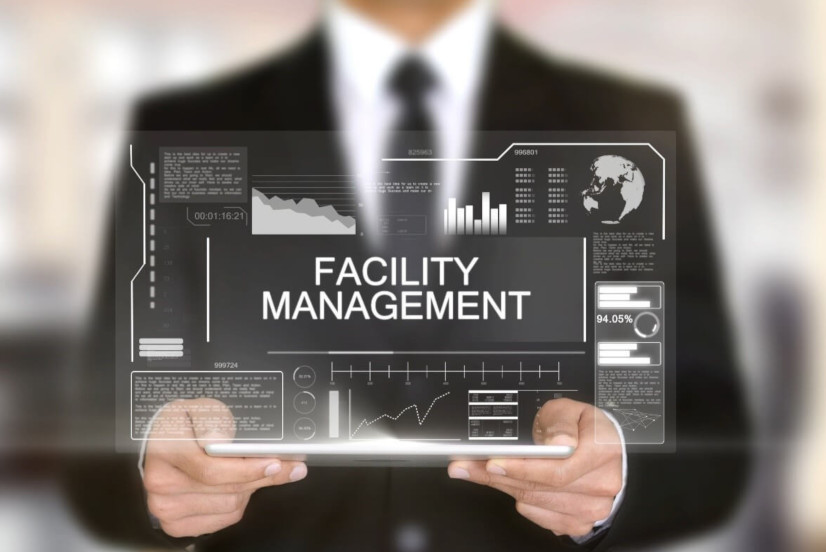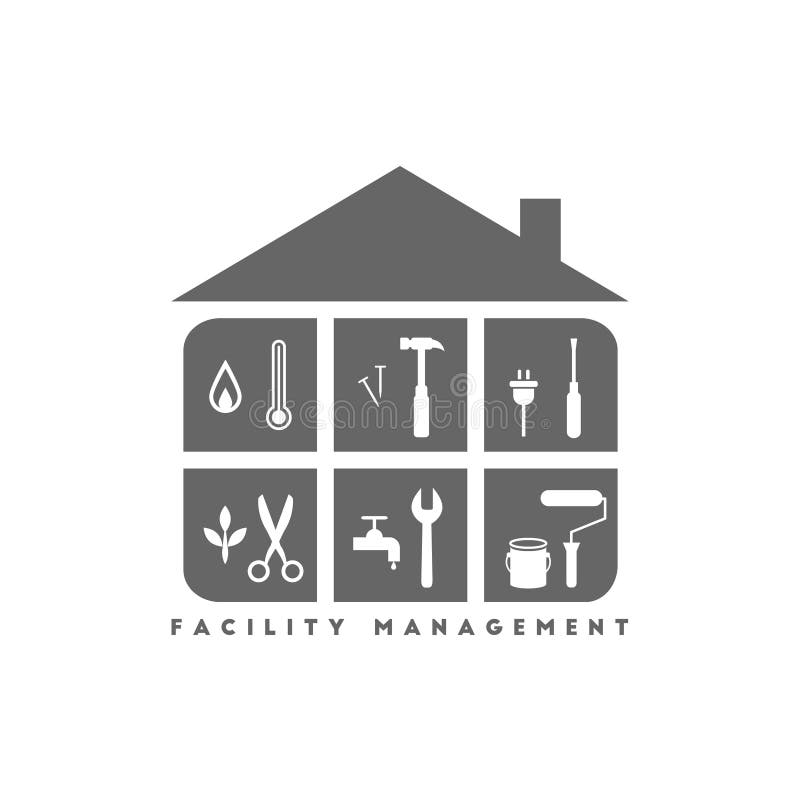How Total Facility Management Can Enhance Operational Efficiency and Minimize Costs
Why Total Facility Management Is Crucial for Business Success
Total Facility Management (TFM) serves as a keystone for company success by balancing varied operational aspects such as maintenance, room usage, and safety actions. As organizations browse a competitive landscape, recognizing the multifaceted benefits of TFM can be essential in driving cost effectiveness and improving worker productivity.
Recognizing Total Facility Management
Total Facility Management (TFM) incorporates an extensive strategy to taking care of an organization's structures and linked solutions to make certain ideal capability, safety and security, and performance. TFM integrates numerous self-controls, consisting of upkeep, procedures, area management, and security procedures, to create a natural structure that sustains a company's core goals.
At its core, TFM intends to streamline the procedures included in facility management, boosting and decreasing redundancies service shipment. This strategy involves the coordination of activities related to property management, such as repair work, cleaning, and power management, to cultivate a productive atmosphere for stakeholders and workers alike. TFM likewise emphasizes the importance of carrying out ideal methods and ingenious technologies to boost solution top quality and lower functional costs.
Recognizing TFM requires recognition of its strategic importance in sustaining an organization's goal. By aligning facility management activities with organizational objectives, TFM boosts total performance while ensuring conformity with health and wellness, safety, and environmental laws. Hence, TFM serves not just as a logistical function yet additionally as a strategic asset, adding to an organization's long-term sustainability and growth. In recap, TFM is vital for creating a well-functioning setting favorable to company success.
Secret Benefits of TFM
Leveraging a comprehensive strategy, organizations that execute Total Facility Management (TFM) unlock a myriad of benefits that add to general company success. Among the primary benefits of TFM is the enhancement of operational efficiency. By combining facility solutions under a unified management structure, companies can simplify procedures, reduce redundancies, and enhance interaction across departments.
In addition, TFM advertises a proactive upkeep technique, which minimizes downtime and prolongs the life-span of facilitiess and tools (Total Facility Management). This aggressive technique not only improves productivity however also cultivates a safer working atmosphere, inevitably causing higher worker contentment and retention rates
In addition, TFM assists in far better resource allowance by providing understandings right into facility performance metrics. Organizations can recognize locations for improvement, enabling them to make educated choices that line up with their calculated objectives.
TFM and Cost Efficiency
Accomplishing expense efficiency is a fundamental objective for companies, and Total Facility Management (TFM) plays a critical duty in this venture - Total Facility Management. By integrating numerous facility services under a solitary management framework, TFM allows organizations to simplify procedures and reduce redundancies. This all natural technique leads to substantial expense financial savings, as it gets rid of the need for multiple suppliers and simplifies purchase processes
In addition, TFM promotes aggressive maintenance approaches, which lessen the risk of expensive repair work and downtime. By prioritizing safety nets, companies can expand the life expectancy of their properties and decrease unanticipated expenditures. Furthermore, TFM includes energy management practices, which can drastically reduce energy costs with reliable resource use.
The centralization of data and analytics within TFM permits companies to make enlightened financial choices. By recognizing fads and areas for renovation, TFM allows tailored methods that better boost cost management. In addition, the scalability of TFM solutions makes sure that as companies expand, their facility management practices stay effective and straightened with economic goals.
Enhancing Worker Performance
A well-managed facility can dramatically boost employee productivity by creating a favorable workplace. Efficient Total Facility Management (TFM) guarantees that all aspects of the workplace-- from lighting and temperature to sanitation and safety and security-- are maximized. When staff members run in a room that is comfy and well-kept, they are much more likely to focus on their tasks, resulting in higher output and work contentment.
In addition, TFM can boost partnership with the tactical design of public locations, motivating teamwork and development. By purchasing the appropriate sources and innovation, organizations can promote smooth communication and streamline operations, additionally boosting efficiency. Regular upkeep and timely reactions to facility problems avoid disturbances that might otherwise prevent performance.
Additionally, a healthy and secure workplace, sustained by TFM practices, lowers absenteeism and advertises wellness, straight associating with enhanced productivity levels. Ultimately, focusing on facility management is a financial investment not only in physical properties but additionally in the workforce itself. By cultivating an atmosphere that supports worker demands and preferences, services can cultivate a much more involved and efficient labor force, driving overall success and competitive benefit.

Future Trends in TFM
Embracing technological developments is established to improve the landscape of Total Facility Management (TFM) in the coming years. As the demand for effectiveness and sustainability boosts, TFM will progressively adopt wise structure innovations, incorporating Internet of Things (IoT) tools to keep an eye on and handle view website facility operations in real-time. This change will allow proactive upkeep, significantly boosting and minimizing functional expenses service delivery.

Sustainability continues to be an essential focus, with TFM experts expected to prioritize eco-friendly methods. This consists of utilizing renewable resource sources and maximizing waste management systems to decrease the carbon impact of facilitiess.
Remote management capabilities will also be broadened, enabling facility managers to supervise operations from essentially anywhere. This adaptability will certainly become vital as organizations adapt to hybrid work models. In summary, the future of TFM is poised for change with technology, sustainability, and enhanced operational techniques, ensuring businesses remain competitive click here for info in a developing landscape.
Conclusion
Finally, Total Facility Management is an essential part for attaining business success. By integrating various functional features, TFM improves effectiveness and lines up facility management with business goals. The resulting expense savings, improved staff member performance, and more secure workplace contribute considerably to overall efficiency. As services progressively adopt sustainable techniques and ingenious technologies, the significance of TFM will certainly remain more info here to grow, ensuring lasting operational effectiveness and competition in a developing marketplace.
